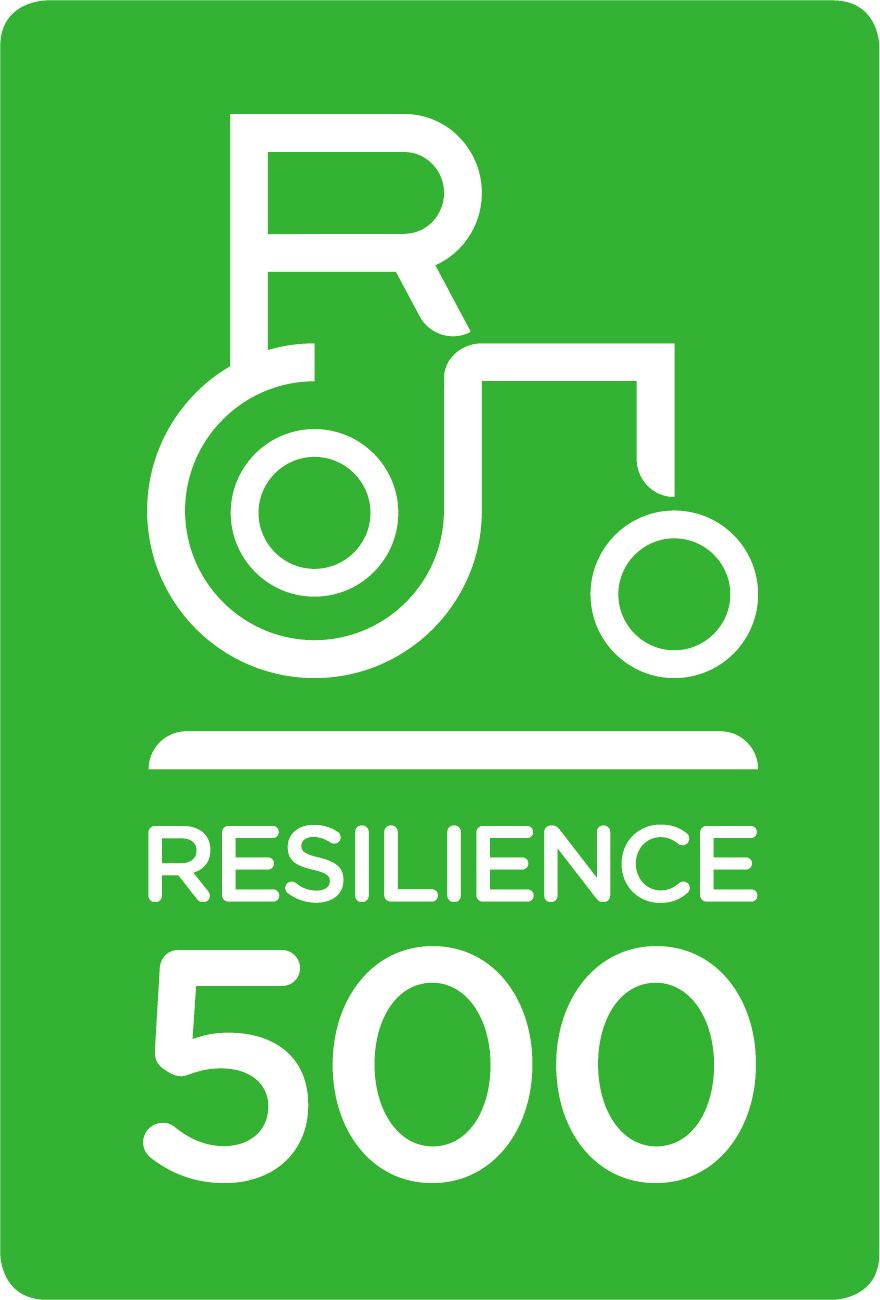
Over 300 farmers have signed up to Arla’s new R500 programme designed to help future proof their farms and increase resilience to the impact of volatile milk prices.
The programme, which has expanded due to the high levels of interest, has been created in a move to facilitate farmer to farmer support. The project is shaped by evidence from across Arla farms which has demonstrated that overall on-farm profitability can be enhanced when farmers are better informed with data and able to adjust to market changes.
Graham Wilkinson, Senior Director of Member Relations, Arla Foods UK comments, “Market volatility is inevitable in our industry. At Arla, our Good Growth strategic focus to drive our brands is mitigating against some of this impact as will our Calcium programme, but we’ve also seen that where our owners take a more holistic approach to their businesses they are better able to adjust. R500 equips farmers with the tools and peer support to enable this.
The Arla R500 Resilience programme will see Arla farmers work together through knowledge sharing and benchmarking using the R500 scorecard which is calculated out of a maximum 500 score. The evaluation provides the farmer with an holistic view of their business highlighting strengths and challenges. Resilience is not just about financial and technical knowledge, the R500 programme goes further to look at aspects such as leadership, people skills, strategic ability and attitude to change. Looking at a business in this way will highlight where efficiency and profitability can be improved. These metrics will help farmers increase their overall resilience to the impact of the changes and volatility of the dairy industry by enabling them to increase efficiency and adapt more easily to risk within the short and long term.
Graham Wilkinson comments, “The industry is still adjusting to the removal of EU milk quotas, and this, on top of volatile global milk prices and Brexit uncertainty means farmers tend to sit in one of two camps; successful at capitalising when times were good or successful at planning for and mitigating against risk. At Arla, we’ve found that farmers who are able to adapt more easily between these two approaches are more sustainable.
“Taking the time to assess strengths and weaknesses, working with other farmers to gain insight, ideas and new perspectives and measuring change and success is key to being fit to compete in an age of increasing European and global volatility.”
The Arla R500 Resilience Project is based on the principles which have seen Barbara Bradley, an Arla farmer owner from North Yorkshire, improve her business dramatically in recent years. Barbara comments, “When I first joined a benchmarking group it was daunting and I was concerned about it being time intensive collecting additional farm data. But its helped us improve in lots of ways, not least that our herd milk solids have improved by 20%. We’re also more comfortable when things swing in the industry, our resilience to the market and overall business performance has definitely improved. In then discussing these findings with fellow farmers I came away from meetings with ideas for changing things. Not big changes, but small incremental changes which have had a big overall result.”
Wilkinson reinforces this mindset, “Resilience isn’t about investing huge amounts of money into farms or bringing in new technology, these are great, but not always realistic. In the short term it’s changes around leadership, people skills, strategic management and adaptation to change that can dramatically improve a farms resilience, potentially leading to on farm investment becoming an option in the future.”
Jonny Burridge, an Arla farmer owner from Norfolk comments, “You can always learn so much from a group of dairy farmers. Sharing ideas and experiences is powerful for me and my business and I had many a lightbulb moment through the farmer discussions. It has also built my confidence.”
Participants will now be split into regional and local groups as the discussion group meetings begin from next month.